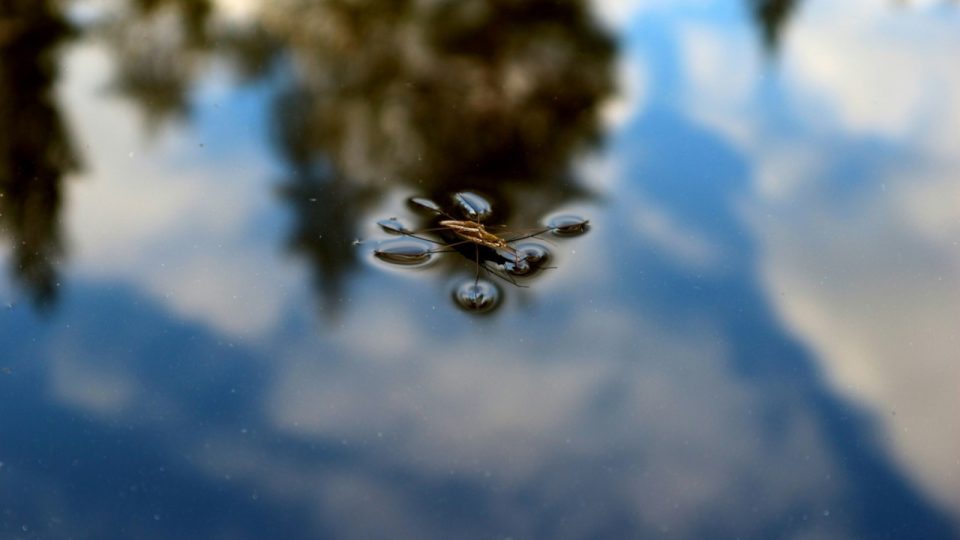Spotting water bugs skimming across your pool surface can be more than a nuisance — it’s a sign that your pool’s ecosystem may be out of balance. These pests not only disrupt your enjoyment but can also indicate algae growth or improper sanitation levels. Fortunately, with the right strategy, you can eliminate them and keep them from returning.
In this blog, we’ll explain what water bugs are, why they appear in pools, and how to get rid of them using effective, long-lasting methods.
What Are Water Bugs?
Water bugs in pools are typically either backswimmers or water boatmen. While they look similar, their habits differ:
Backswimmers are predatory and can bite humans, making them a more pressing concern. They feed on other insects and are attracted to pools by the presence of food sources like algae or water boatmen.
Water boatmen, on the other hand, feed on algae and are harmless to humans. However, they lay eggs and can attract backswimmers. Both types thrive in standing water with organic material, which makes a poorly maintained pool the perfect breeding ground.
Why Water Bugs Are Attracted to Pools
Water bugs are typically drawn to pools for three reasons: light, algae, and other insects. Algae, in particular, serve as both a food source and a signal that water chemistry is off. When your pool contains algae, it’s an open invitation for water boatmen — and by extension, backswimmers who feed on them.
If your pool lights are left on overnight, it may also attract flying insects that land on the water, creating a buffet for predatory bugs.
How to Get Rid of Water Bugs
Removing water bugs involves not just killing them, but eliminating what draws them in. Here’s a step-by-step plan to tackle them effectively:
- Skim and remove visible bugs daily to prevent them from laying eggs.
- Vacuum the pool floor and brush the walls to remove algae and biofilm.
- Test your water chemistry and adjust pH, chlorine, and alkalinity as needed.
- Shock your pool to kill any organic matter that bugs feed on.
- Run the filtration system continuously for 24–48 hours after shocking.
- Use a pool algaecide (compatible with your sanitizer) to prevent future algae blooms.
- Keep the pool covered when not in use to reduce bug access.
- Clean the surrounding area of standing water where bugs may breed.
Preventing Bugs from Returning
Long-term prevention comes down to maintaining crystal-clear water and keeping your pool free of algae. Regularly brushing and vacuuming the pool surface, testing water chemistry, and shocking the pool as needed all contribute to an environment that’s inhospitable to pests. If you’re not doing so already, investing in a pool cleaner can help automate much of this work and keep your pool cleaner with less effort.
Additionally, avoid leaving lights on at night near your pool, as these attract insects that become meals for water bugs. Ensure proper circulation and filtration to reduce stagnant areas in the pool.
When to Call a Professional
If you’ve followed all the recommended steps and still find your pool overrun with water bugs, it may be time to bring in a pool professional. Persistent infestations may point to larger problems with your pool’s chemical balance, circulation, or structural integrity. An expert can perform a full inspection, identify hidden algae growth, and recommend solutions you may not have considered.
Final Thoughts
Water bugs may be annoying, but they’re also a clear sign that your pool needs attention. By addressing algae growth, maintaining proper water chemistry, and keeping the pool free of organic debris, you can reclaim your swimming space and prevent future infestations.
Don’t let a few skimming insects ruin your pool season — take action early, stay consistent with your maintenance, and consider using the best pool cleaner to support your efforts. A bug-free pool is a better, safer, and more enjoyable pool for everyone.

